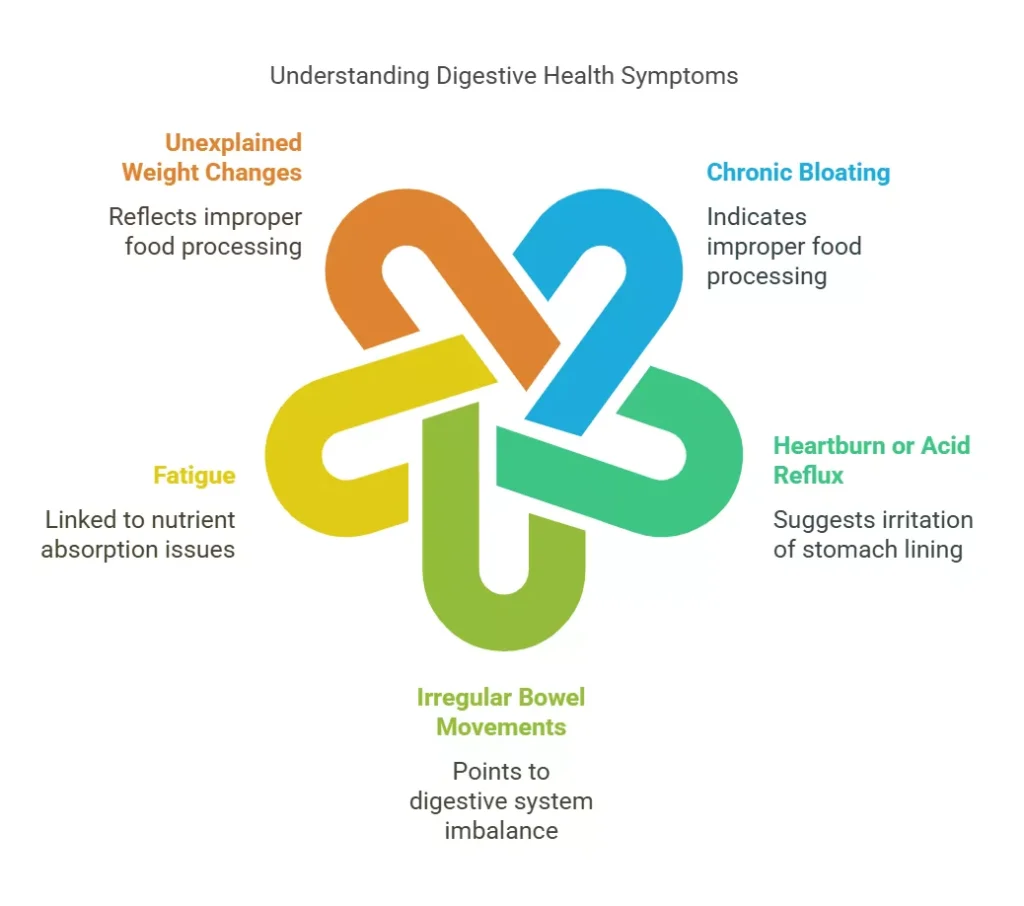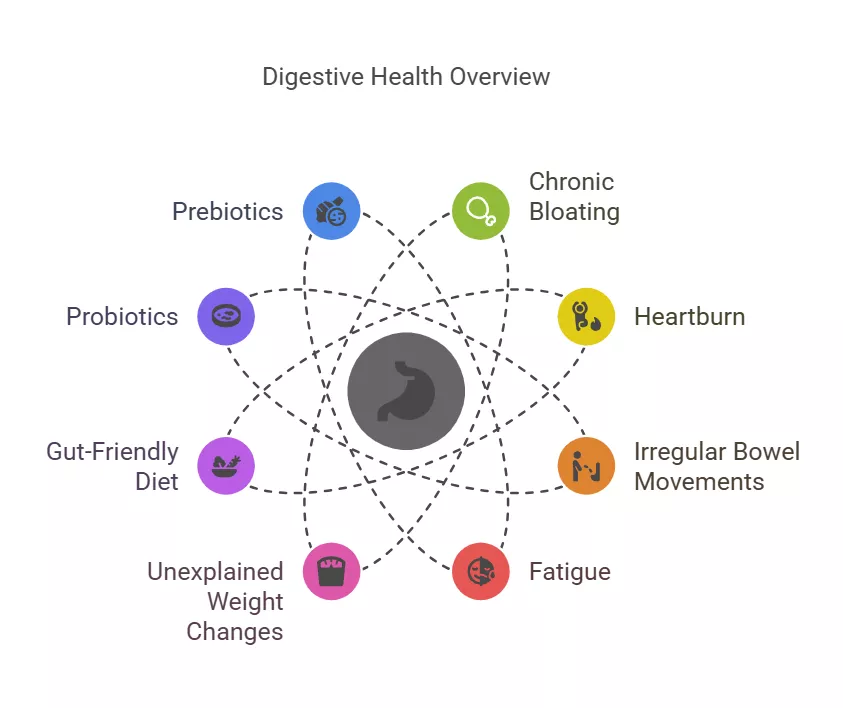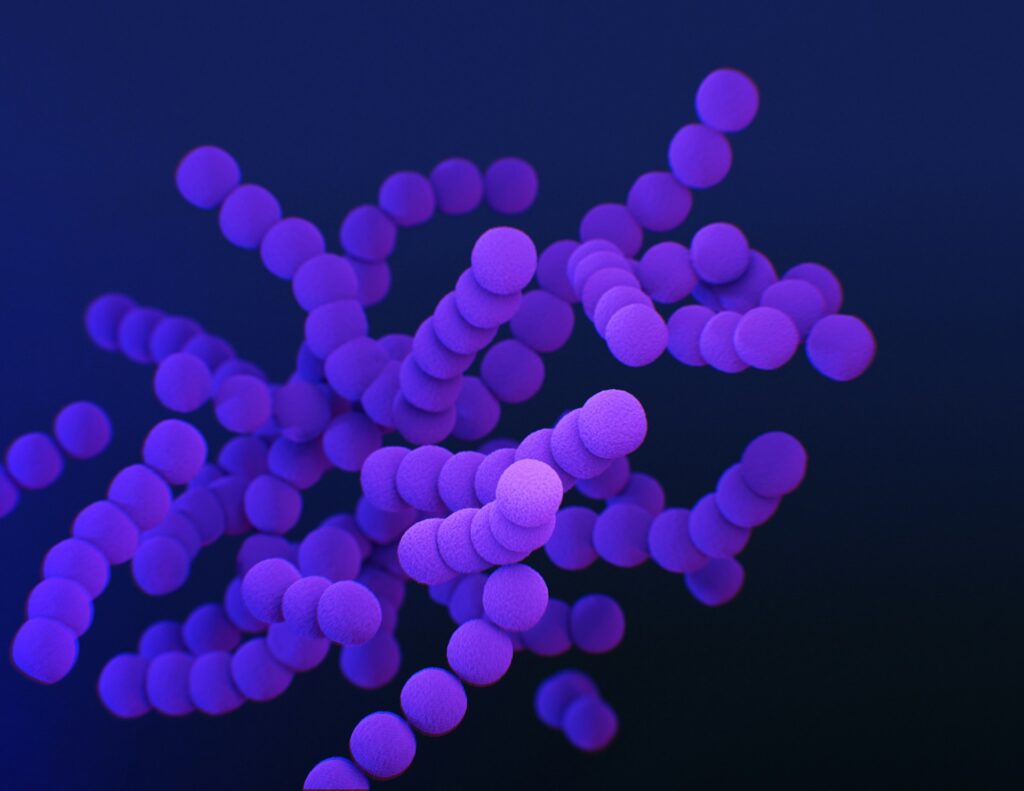If you’ve ever struggled with digestive issues, you know how much they can affect your daily life. From bloating and heartburn to irregular bowel movements, these problems can be uncomfortable, frustrating, and exhausting. As someone who has dealt with digestive challenges firsthand, I can tell you that healing your digestive system takes time, patience, and a holistic approach.
In this article, I’ll share some actionable steps that have helped me (and many others) fix a damaged digestive system and get back to feeling your best. These tips go beyond just taking medicine or relying on quick fixes; they focus on long-term healing through lifestyle changes that support gut health.
Understanding the Digestive System and Its Functions
To begin with, we should clarify the function of your digestive system. Your digestive system consists of the mouth, stomach, intestines, liver, pancreas, and other organs that work together for processing food, absorbing nutrients, and getting rid of waste. If you experience any sort of imbalance within this system, it can range from constipation, gas, or less common troubles like IBS or acid reflux.
Why Digestive Health Matters
Apart from dealing with food, your body’s digestive system contributes to your immune system and pertinent health issues. Ineffective digestion can result in not only poor nutritious absorption, untimely immune issues but mental health challenges like anxiety and depression too. Therefore, trying to heal a broken digestive system is not only about feeling better physically, and it is more Holistic.
Common Signs of Digestive Damage
If you’re unsure whether your digestive system is damaged, here are a few common signs:

- Chronic Bloating: This can be a sign that your body isn’t properly processing food or absorbing nutrients.
- Heartburn or Acid Reflux: Experiencing these symptoms regularly can indicate that the stomach lining or esophagus is being irritated.
- Irregular Bowel Movements: Frequent diarrhea or constipation points to an imbalance in the digestive system.
- Fatigue: If you’re constantly feeling tired despite getting enough sleep, it might be because your digestive system is not absorbing nutrients efficiently.
- Unexplained Weight Loss or Gain: Sudden weight changes may suggest that your body is not properly processing food.
If you’re experiencing any of these symptoms, it’s a good idea to start looking at ways to improve your digestive health.
How to Fix a Damaged Digestive System
Over the years, I’ve learned that healing your digestive system requires a combination of diet, lifestyle changes, and self-care. Below, I’ll walk you through a few essential steps that can help repair your gut.
1. Start with a Gut-Friendly Diet
One of the biggest contributors to digestive damage is poor diet. When I first struggled with digestive issues, I realized that processed foods, too much sugar, and even gluten were exacerbating my symptoms. A gut-friendly diet is essential for healing.

I recommend focusing on whole, nutrient-dense foods and eliminating foods that trigger your symptoms. This includes:
- Probiotics: Foods like yogurt, kefir, kimchi, and sauerkraut contain beneficial bacteria that support gut health.
- Prebiotics: These are foods that nourish your beneficial gut bacteria, such as garlic, onions, asparagus, and bananas.
- Anti-inflammatory foods: Including foods such as ginger, turmeric, and green leafy vegetables can help lower inflammation in your digestive tract.
For more in-depth tips on healing digestive issues with diet, I recommend reading our previous blog post, which explains 7 Ways to Heal from Digestive Issues with Diet and Lifestyle.
2. Boost Your Fiber Intake
Fiber acts like a broom for your intestines, helping move things along and keeping everything running smoothly. If you’re dealing with constipation or bloating, increasing your fiber intake can help.
You want to include two types of fiber in your diet:
- Soluble Fiber: Found in oats, beans, and apples, this substance helps regulate bowel movements by absorbing water in the intestines.
- Insoluble Fiber: Found in whole grains, vegetables, and nuts, it adds bulk to stool and helps alleviate constipation.
Since I started eating more fiber-rich foods, I noticed my digestive system working more efficiently, and I felt less bloated after meals.
3. Hydration is Crucial
Water is vital for digestion. Staying hydrated is crucial, particularly when the goal is to heal the gut. Water is essential in the processes of digesting food, absorbing nutrients, and excreting waste from the body; lack of water can lead to constipation and digestive discomfort.
For staying hydrated, my goal is 8 cups of water daily, especially herbal teas like mint and ginger, which really do wonders when it comes to an upset stomach.
4. Manage Stress Effectively
When I was dealing with digestive issues, I didn’t realize how much stress was contributing to my problems. Stress impacts digestion by increasing inflammation and affecting the balance of good bacteria in your gut. It’s important to manage stress in ways that support both mental and physical health.
Some techniques that helped me include:
- Mindfulness and meditation: These practices helped me reduce stress and promote relaxation, both of which are essential for healthy digestion.
- Yoga: Gentle yoga poses can enhance digestion by boosting blood flow and relaxing the nervous system.
- Breathing exercises: Deep breathing helps activate the parasympathetic nervous system, which promotes digestion.
Managing stress is equally important as diet for digestive health.
5. Regular Exercise
Apart from helping to keep your body fit, exercise also improves the efficiency of the digestive system. Personally, I have noticed that regular exercise lessens my bloating and helps me in having more regular bowel movements. Regular daily exercise – be it walking, swimming or yoga – can be beneficial for gut health and can alleviate gut health symptoms.
6. Consider Supplements and Herbal Remedies
While diet and lifestyle changes are key, some people find that supplements and herbal remedies can offer additional support for digestive healing. Always consult your healthcare provider before starting any new supplement, but some common options include:
- Probiotics: Help restore the balance of beneficial bacteria in your gut.
- Digestive enzymes:Assist in the breakdown of food and enhance the absorption of nutrients.
- L-glutamine: An amino acid that supports the healing of the intestinal lining.
- Turmeric: Known for its anti-inflammatory properties, turmeric can help soothe the digestive tract.
These supplements have been helpful in speeding up the healing process for many people, myself included.
7. Seek Professional Help if Needed
Although the majority of these actions can improve the situation, it is crucial to consult with a professional when these issues continue. A gastroenterologist can provide assistance diagnosing conditions such as IBS, Crohn’s disease, or food intolerances. You may need some form of medication or treatment to get to the bottom of your digestive issues.
Feel free to contact a healthcare professional who will help you devise a strategy that meets your requirements.
Conclusion
Kindly remember digestion is a gradual process and can not be achieved overnight. It can, however, be treated if one opts for a holistic approach consisting of eating healthy, exercising, managing your stress, and getting assistance from professionals. Only then can one restore balance and function to the gut.
Please remember improving one’s lifestyle is gradual. While one starts by taking small steps what they will receive in return is immense. It will go a long way in improving digestion, enhancing overall feeling, and restoring health. In terms of lifestyle changes, diet is only a fraction of the equation. The entire body needs to be cared for.
